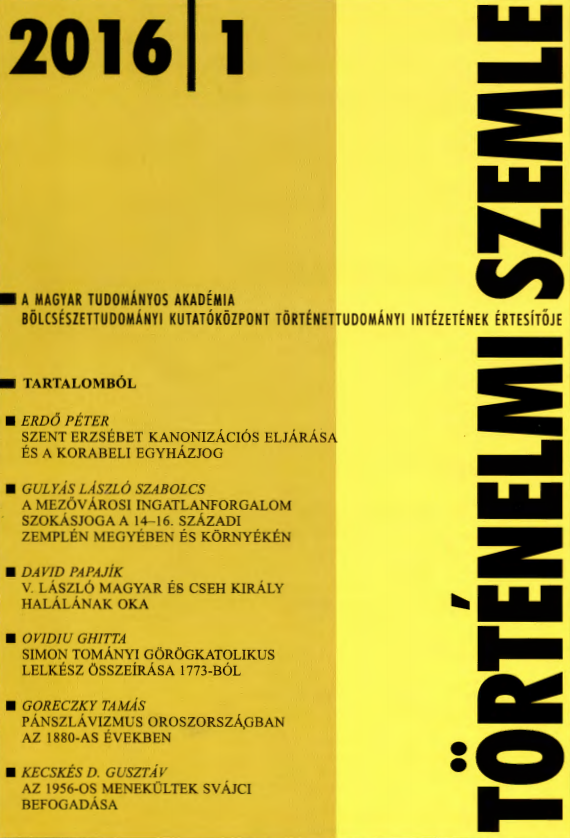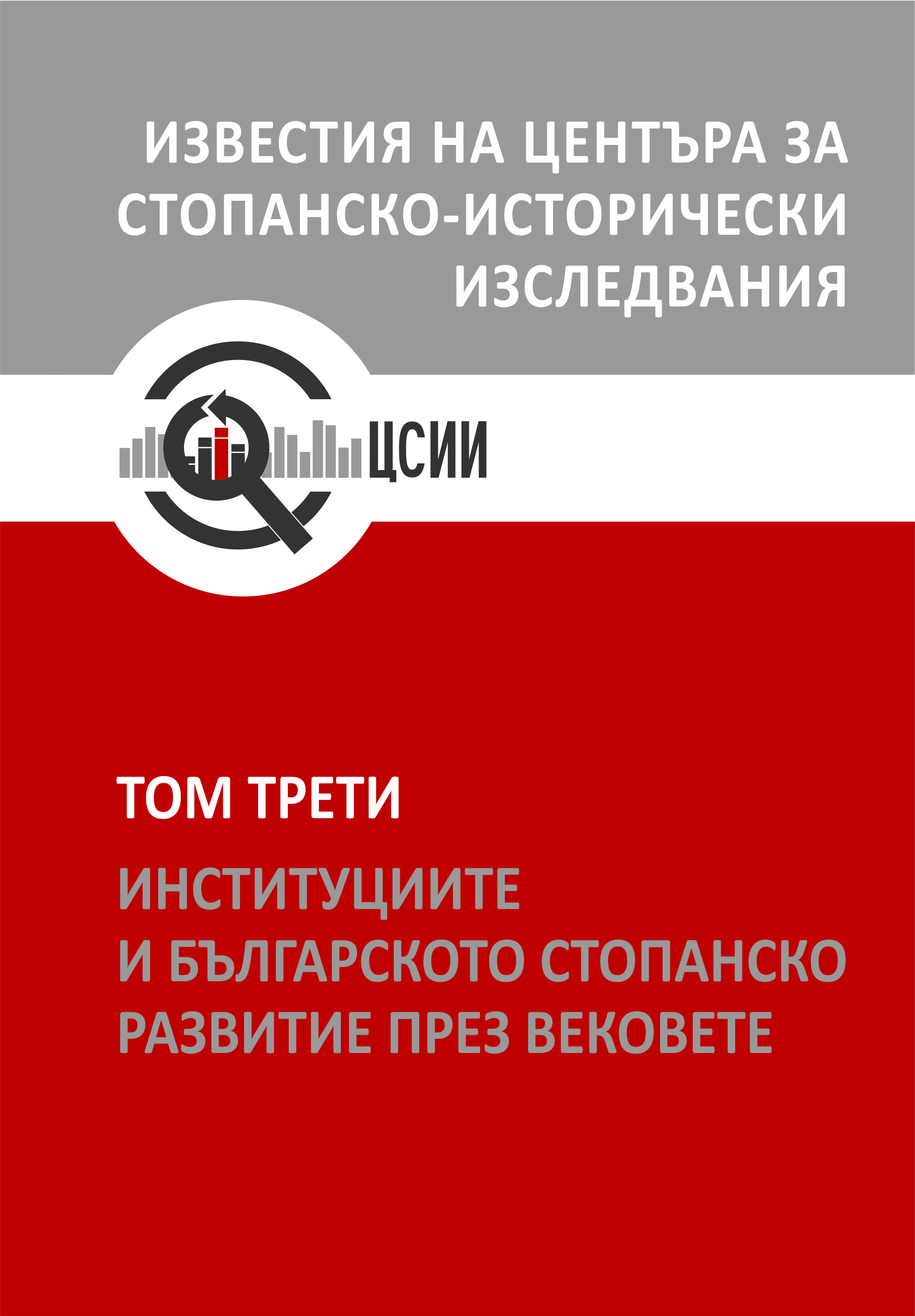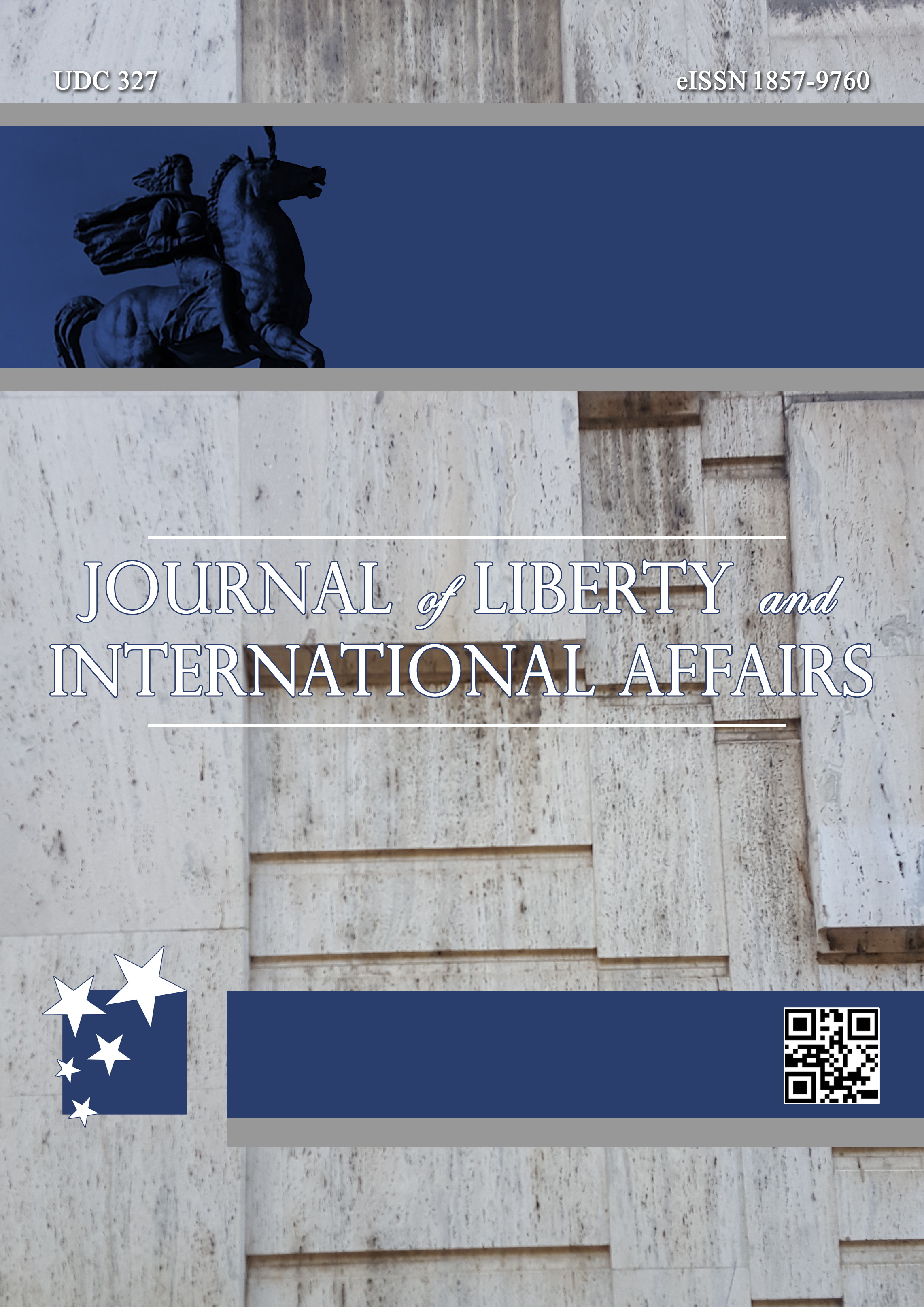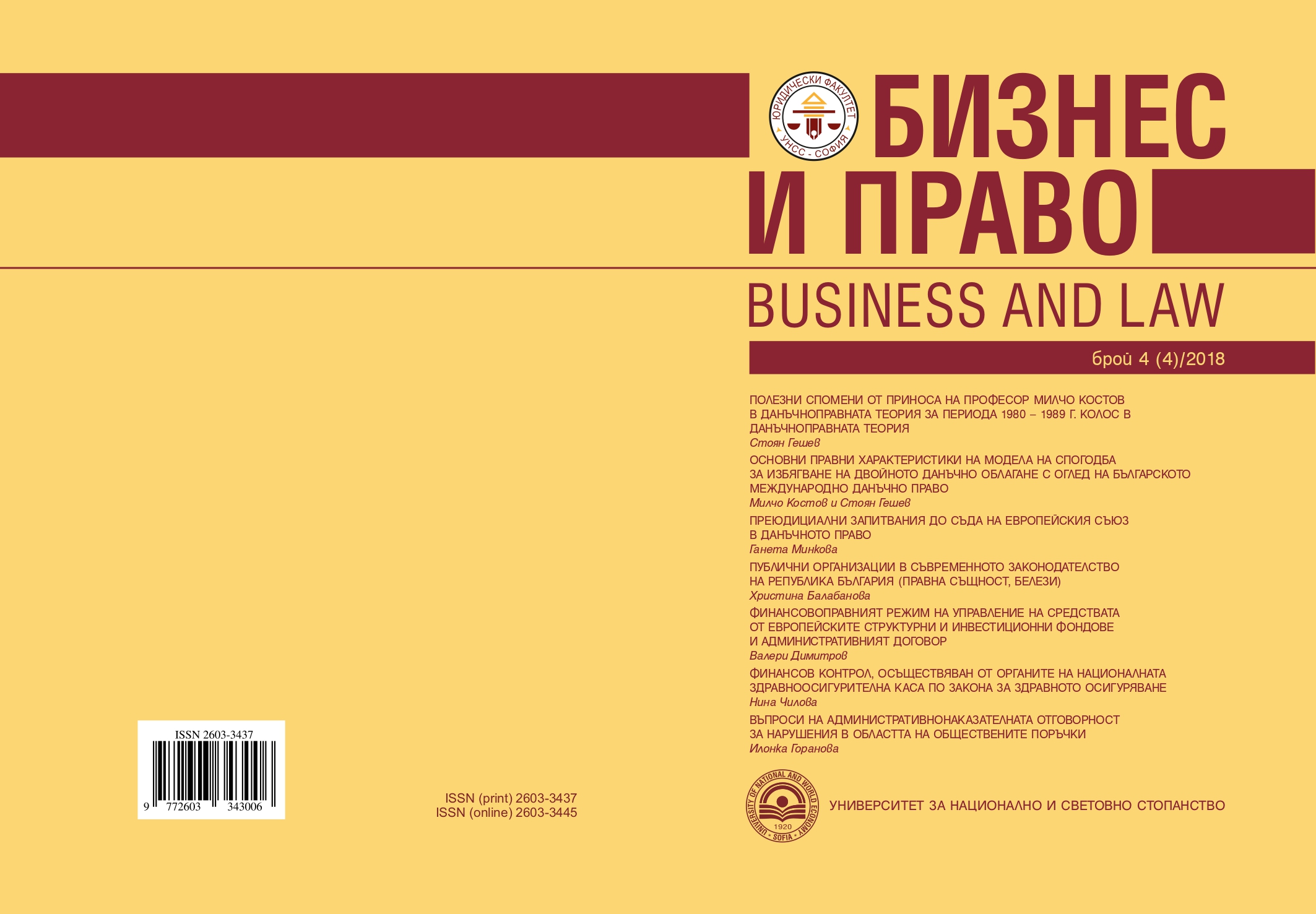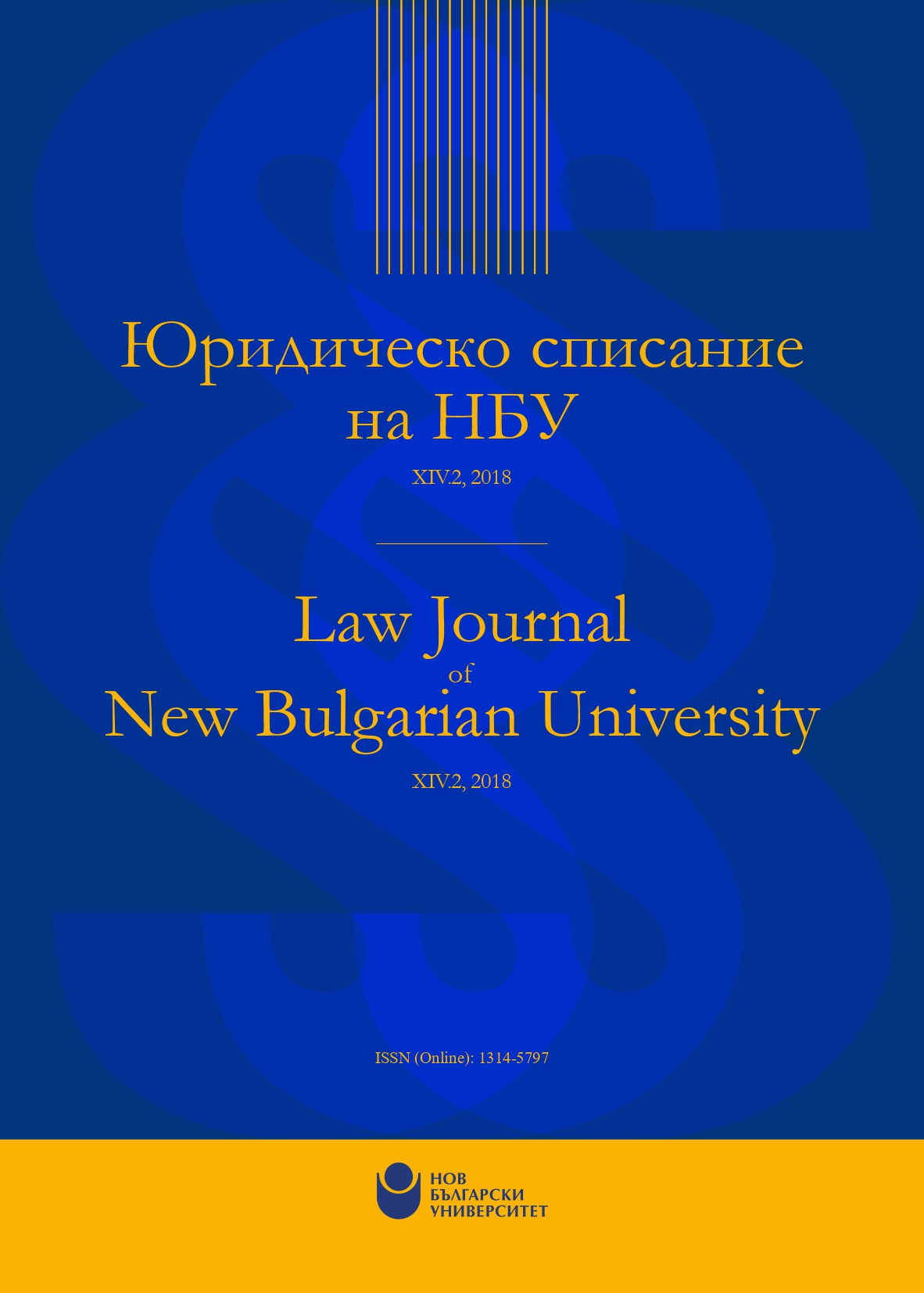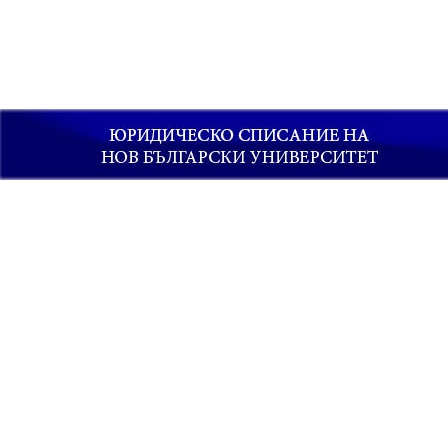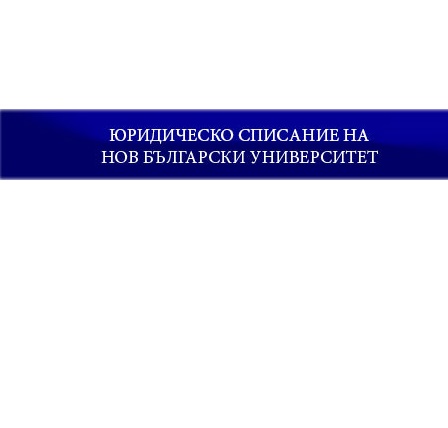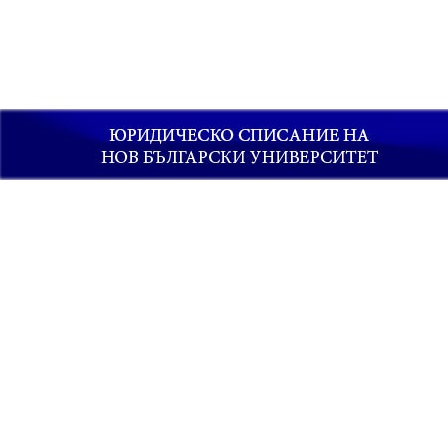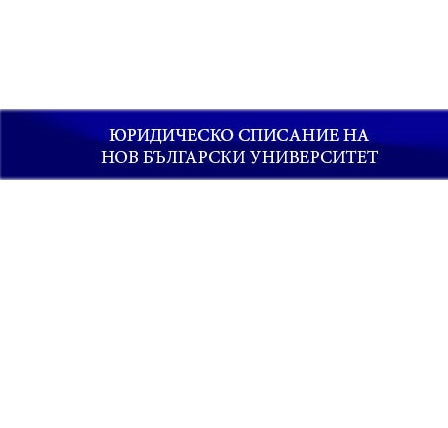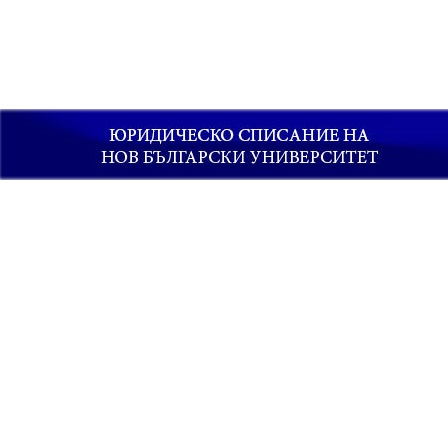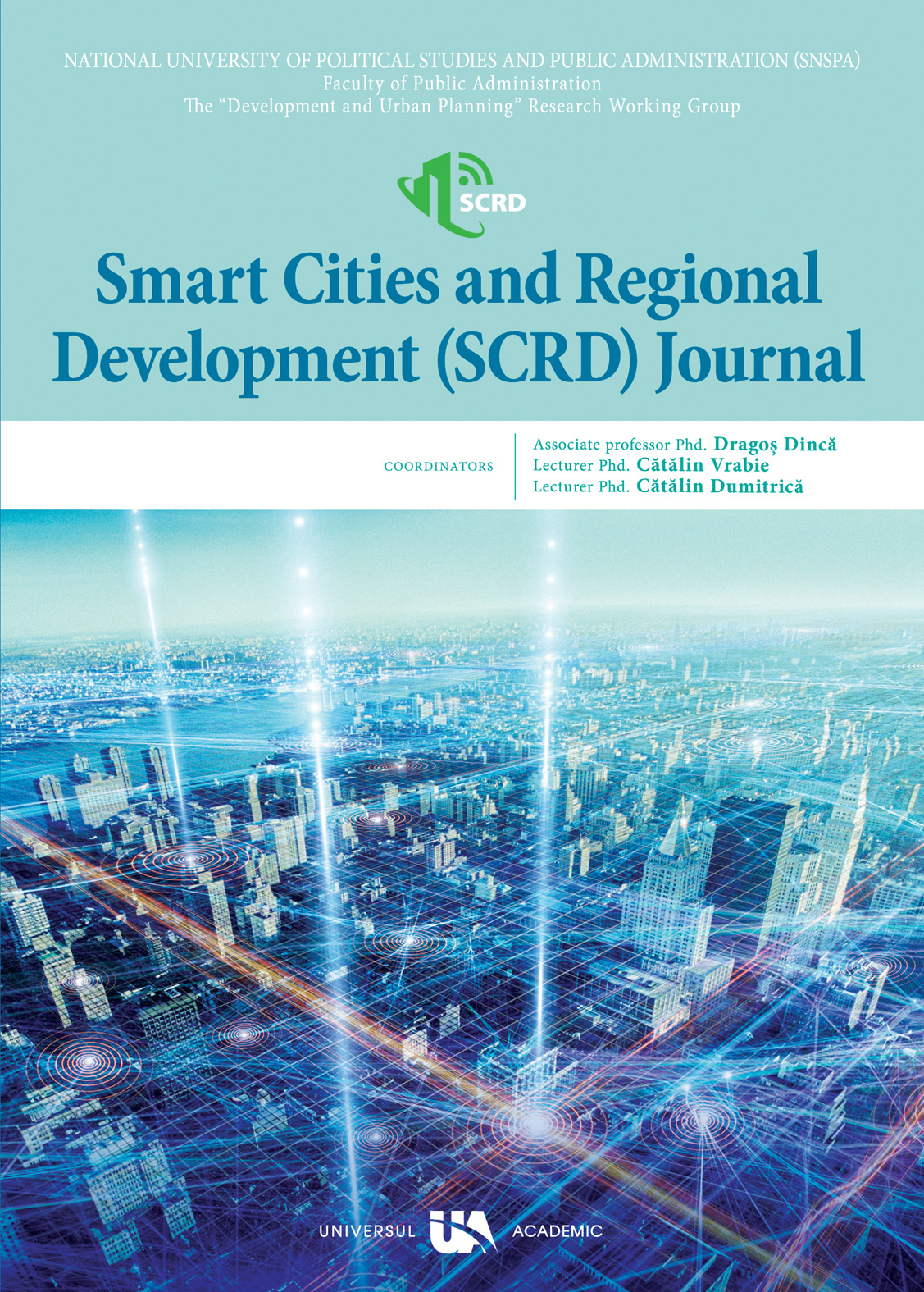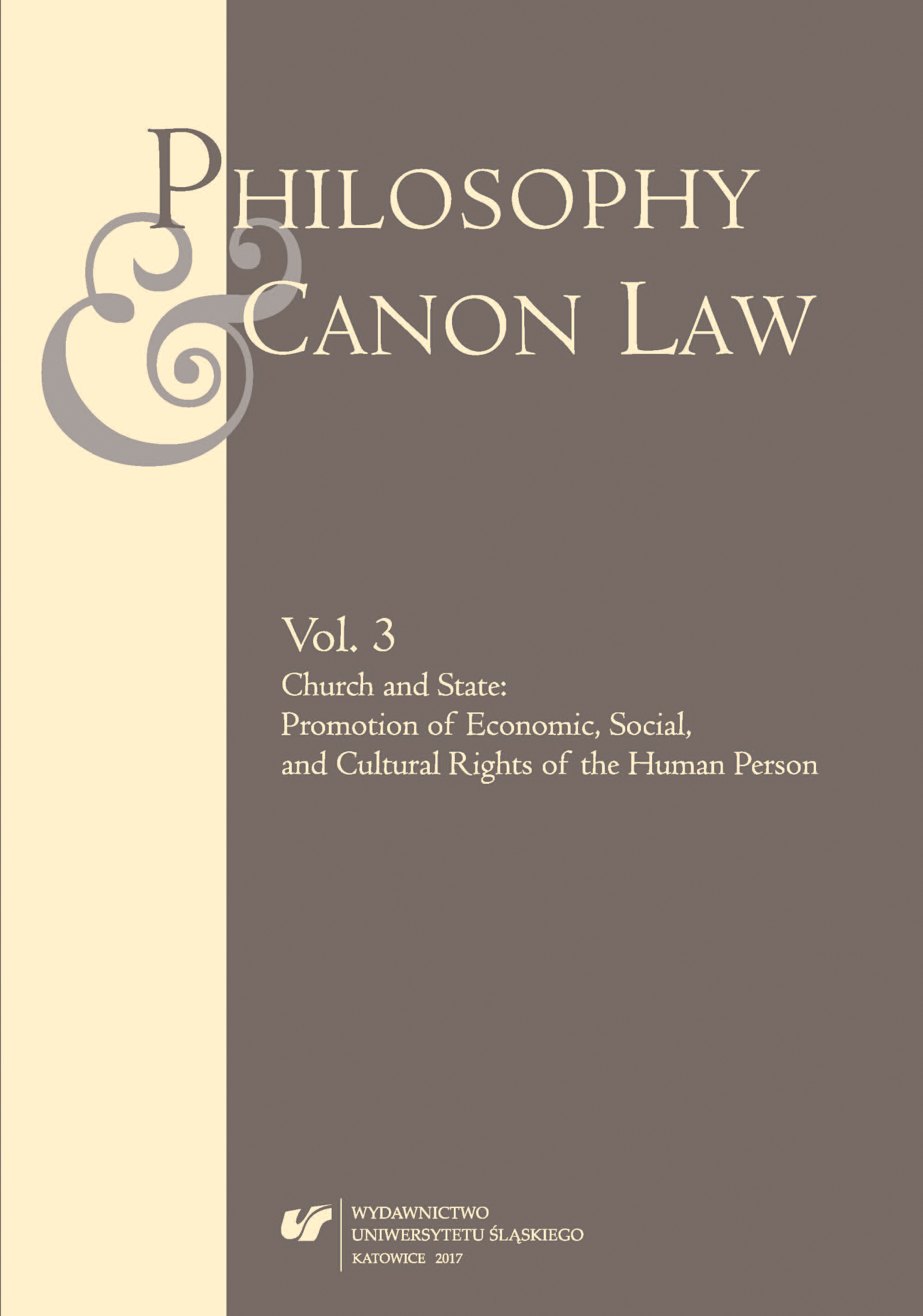
The Family in the Czech Legal Order
This article on the status of the family in the Czech legal order is based on legal norms, but it cannot be limited to them because they have not defined the legal concept of the family for decades and they refer rather to the concept of marriage. Specification of the understanding of the family thus has become left more to sociology. Therefore, it has been necessary to extract this definition also from other official documents, such as the documents of the Ministry of Labour and Social Affairs of the Czech Republic, which is responsible for the development of state strategic documents in the area of family and marriage. From these documents, there follows a clearer understanding of the family, which, until 2015, was characterised by the support of marital families. This resulted in preferences of marriage in determining parenthood, in adoption and in the use of economic instruments, especially tax reductions. The proposed new concept of family support from the end of 2016 retreated from a clear value distinction, and thus leads to such a wide definition of the family that this has become a subject of contention between ministries of the Czech government, those in the professional sphere, and those in the area of non-governmental organizations. At the same time, this concept surrenders its attempt to actively influence social reality through measures in favor of marriage, all of which are still the most effective economic benefits for spouses, with reference to the principle of non-discrimination. The area of family and marriage is the subject of deep dispute and it is good that these questions have clearly entered the public social debate, even though it is not clear what results this will bring. In this situation, a clear statement has been issued by the Czech Bishops’ Conference in favor of the marital family as the only standard model of the family.
More...

